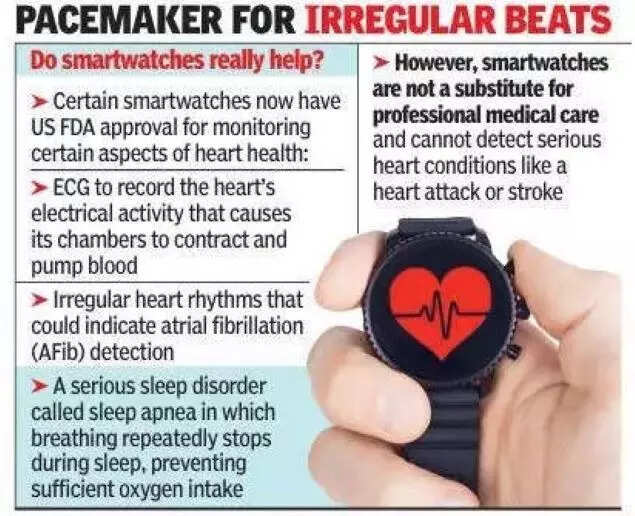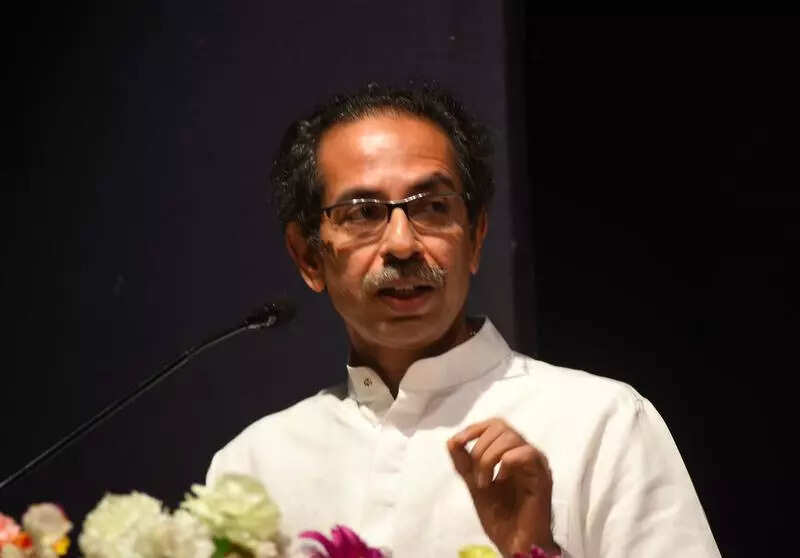MUMBAI: A smartwatch solved a two-year-long medical mystery for its owner—a 46-year-old IT professional from Mira Road. Analysing the smartwatch data revealed the issue was with his heart rather than his brain. The patient, Kiran Tiwari (name changed), began experiencing fainting spells in 2022. “I would faint once in six months,” he said. A year later, the spells became frequent and were accompanied by convulsions.He visited multiple hospitals, consulted various specialists and was hospitalised several times. He was on 3 anti-convulsant medications. Each hospitalisation, his readings would be normal. “One doctor conducted a Holter monitor study, checking my heart’s electrical activity for 2 days,” he said, but it was normal.Tiwari, a diabetic for 17 years, was particular about exercising and would cover 12,000 to 15,000 steps daily. In July 2024, he purchased a high-end smartwatch mainly as his “health watchman.”

In Nov 2024, he had his worst attack. “He was exercising with dumbbells at home when he collapsed and started convulsing,” said cardiologist Dr Ashish Mishra from Wockhardt Hospital, Mira Road, who treated him. The episode continued intermittently for 150 minutes during which he was taken to Wockhardt Hospital. Again, ECG showed no abnormality. “However, when his son showed me the smartwatch recordings of his heart rate and ECG, we realised it had been too low at 30 during the last seizure,” said Dr Mishra.A telemetry test to confirm this was started; he had a convulsion the next morning during which he had no pulse for five seconds. “His heart rate was intermittently dropping so low there was no blood supply to the brain, resulting in convulsions,” he added.The team also discovered Tiwari had three blockages. It was decided to first fit a pacemaker. “I have been fine since Nov 2024. Ten days ago, I underwent an angioplasty and had four stents placed across the three blockages,” said Tiwari.Dr Ajay Mahajan, head of cardiology at KEM Hospital in Parel (who wasn’t involved in Tiwari’s treatment), said, “Smartwatches have evolved to do ECGs and pick up atrial fibrillation characterised by fast heart rate. However, their cost is an issue especially when one considers irregular beats occur one in a lakh cases.”











